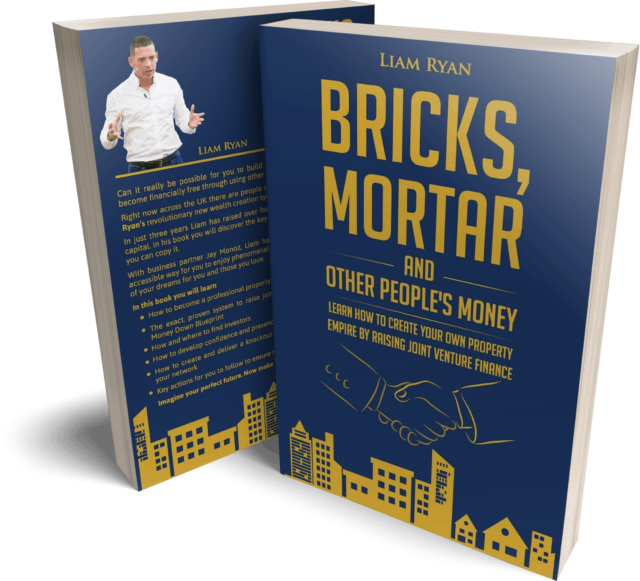Discover the best UK cities to invest in property in 2026, with strong rental demand, high yields, regeneration and growth potential.
Read More
Real estate is known as a stable and profitable asset which you can invest money into. Many successful businessmen have property investments on the side as a way to diversify assets and generate passive income.
Table of Contents
ToggleIf you plan to claim your stake in this multi-trillion pound market, then you have to start with the first step – and it is not buying a property. It is determining that you are ready for it.
Here are some key pointers to help you decide if you are ready to invest in property.
For obvious reasons, you would need to have a substantial amount readily available on hand once you are decided on your purchase. Keep in mind that there there is always a possibility of competition and you could miss the opportunity if you cannot produce a downpayment in time.
The amount you can afford for this will also be a factor to determine the type and size of property that you should buy since properties require different deposits.
Aside from the downpayment, you also need to be prepared for additional fees involved in the transaction. This can include conveyancing, mortgage, and broker fees.
Buying a house in the UK also involves a Stamp Duty Tax. However, you can be exempted if you are a first-time buyer.
Check our previous article about Property Taxes in the UK.
If you are currently paying off an existing debt, it would be best to first settle it before jumping into property investment. Having debt will certainly decrease your credit score, limiting your buying capacity.
Such liability will also strain your finances and can weigh you down in the long run. In an undertaking like this, it is best to start fresh.
Once you place your investment, you can only expect your funds to flow outwards. Aside from the monthly amortization, you will also be responsible for operating and maintaining the business. You should have a reliable, long-term income that can sustain these expenses.
Take note that your source of income will also be a significant factor when applying for bank funding.
If you meet all the requirements mentioned so far, then you are looking to be in a good position to invest. However, even with all that, you cannot be fully prepared if you do not have an emergency backup fund.
One unforeseen event or an unaccounted expense can cost you dearly and send your investment crashing down on you. To protect oneself from this, a wise investor always has a safety net in the form of a savings account that is only popped open when direly needed.
As a rough guide, your emergency fund should cover at least three months’ worth of your usual expenses or more.
How do you intend to utilize the property after you purchase it? In simple terms, an investment is an asset you acquire to generate more money for you. Therefore, you must have a business plan laid out for the property.
There are a number of property business strategies that you can go for such as Serviced Accommodation, Rent to Rent, or a Home Flipping project.
The property investment business is not something you can simply learn from books or from watching Youtube videos. The best preparation is through the help of others who have experience in the field and have successfully built their wealth from thriving in the trade.
Finding a mentor who can help you in your journey will be a valuable advantage. In addition, growing your network and becoming part of a community of property investors will give you much-needed support.

Here at Assets For Life, we aim to help our audience achieve success by providing quality resources and training. Join our upcoming FREE event – the Property Investment Fast Track!
Discover the best UK cities to invest in property in 2026, with strong rental demand, high yields, regeneration and growth potential.
Read MoreThinking of selling your buy-to-let? Learn how to time the market, manage tax and maximise equity with expert landlord advice.
Read MoreDiscover UK planning permission loopholes, permitted development rights and when you can extend, convert or renovate without consent.
Read MoreLearn what the Bank of England base rate is, how it’s set, and how changes can impact buy-to-let mortgages and property investors.
Read More
Claim Your Free Copy
Assets For Life LTD is a company incorporated in England and Wales with registered number 09935286 and registered offices at Assets for Life Ltd, Suite 105, Waterhouse Business Centre, 2 Cromar Way, Chelmsford, Essex, England, CM1 2QE, United Kingdom.
Assets For Life LTD is registered with the Information Commissioner’s Office, with registration number ZA280607
COPYRIGHT © 2024 ASSETS FOR LIFE, ALL RIGHTS RESERVED. WEBSITE BY AMPLIFY MARKETING